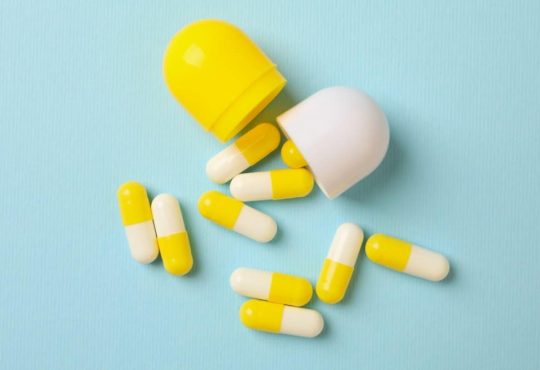
Understanding the Connection Between Alcohol Addiction and Depression
Alcohol addiction and depression often occur together, creating a challenging dual-diagnosis situation that requires comprehensive treatment. Recognizing the signs of depression and seeking appropriate help from alcohol rehab centers can significantly improve recovery outcomes. This article aims to provide an objective overview of how to identify the signs of depression and find the right rehabs for alcohol addiction.
Identifying the Signs of Depression
Depression is a serious mental health condition that can exacerbate alcohol addiction. It’s essential to recognize the signs early to seek timely help. Here are the key signs of depression to watch for:
- Persistent Sadness: A prolonged feeling of sadness or emptiness.
- Loss of Interest: Losing interest in activities once enjoyed, including hobbies and social interactions.
- Appetite Changes: Significant changes in eating habits, leading to weight gain or loss.
- Sleep Issues: Difficulty sleeping (insomnia) or sleeping too much (hypersomnia).
- Fatigue: A constant state of tiredness or low energy, even with adequate rest.
- Feelings of Worthlessness: Intense feelings of guilt, worthlessness, or helplessness.
- Difficulty Concentrating: Trouble focusing, remembering details, or making decisions.
- Physical Symptoms: Unexplained physical problems, such as headaches or digestive issues.
- Thoughts of Death or Suicide: Recurring thoughts about death, suicidal ideation, or attempts.
The Role of Alcohol Rehab Centers
Alcohol rehab centers provide specialized care to address both alcohol addiction and co-occurring depression. These centers offer a range of services designed to support comprehensive recovery. Key components of their treatment programs include:
- Medical Detoxification: Supervised detox to manage withdrawal symptoms safely.
- Individual Therapy: One-on-one sessions with a therapist to address the psychological aspects of addiction and depression.
- Group Therapy: Group sessions that provide peer support and shared experiences.
- Medication Management: The use of medications to manage depression and support recovery.
- Holistic Treatments: Complementary therapies such as mindfulness, yoga, and art therapy to promote overall well-being.
- Family Involvement: Family therapy sessions to support the patient’s recovery and improve family dynamics.
- Aftercare Planning: Developing a plan for ongoing support and relapse prevention after leaving the rehab center.
Seeking Help
If you or someone you know is struggling with alcohol addiction and showing signs of depression, it’s crucial to seek help immediately. Here are steps to take:
- Consult a Professional: Speak with a healthcare provider or mental health professional to discuss your concerns and get recommendations for treatment.
- Research Alcohol Rehab Centers: Look for reputable rehabs for alcohol that offer dual diagnosis treatment to address both addiction and depression.
- Join Support Groups: Participate in support groups like Alcoholics Anonymous (AA) or depression support groups to connect with others facing similar challenges.
- Build a Support Network: Surround yourself with supportive friends and family members who encourage your recovery.
- Follow the Treatment Plan: Adhere to the treatment plan provided by your rehab center, including therapy sessions and any prescribed medications.
Conclusion
Identifying the signs of depression and seeking help from alcohol rehab centers can make a significant difference in the recovery journey. Comprehensive treatment that addresses both addiction and mental health is crucial for long-term success. If you or a loved one is experiencing these challenges, take the first step towards recovery today by reaching out for professional help.
Have you found any particular resources or strategies especially helpful when working with individuals dealing with both alcohol addiction and depression?




